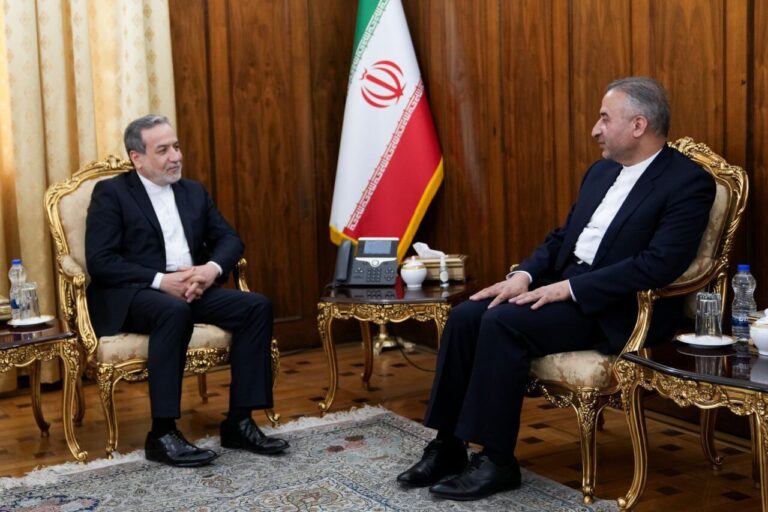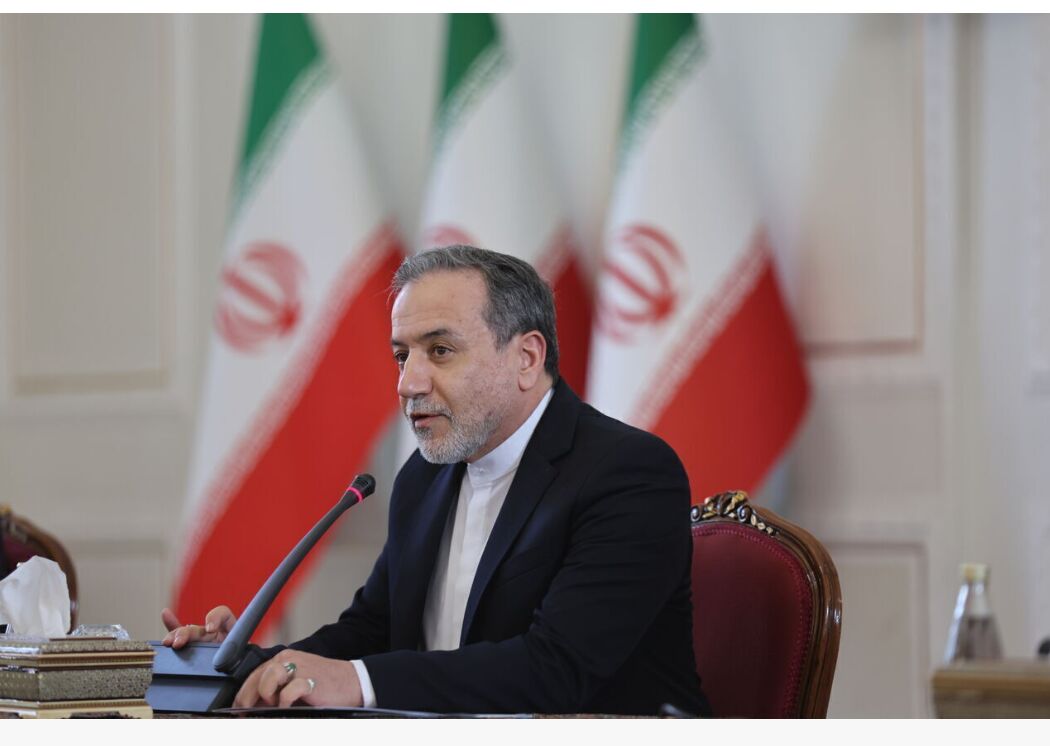
Similar Posts
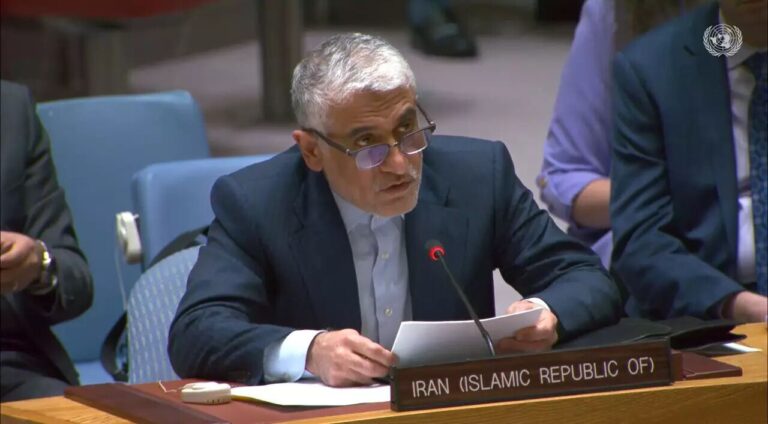
Iran Appeals to Security Council: Protests Against U.S. President’s Threats Intensify
Iran has lodged a formal protest with the U.N. Security Council against U.S. President Donald Trump’s recent military threats, which it deems “deeply alarming and irresponsible.” The protest, conveyed by Iran’s U.N. Permanent Representative Amir Saeid Iravani, highlights Trump’s preference for negotiation over military action but criticizes his threats as violations of international law. Iran denounces the U.S. “maximum pressure” policy, urging the Security Council to condemn such provocations and warning of severe consequences for any military aggression. The letter asserts Iran’s commitment to defending its sovereignty and calls for international cooperation to maintain peace and security.
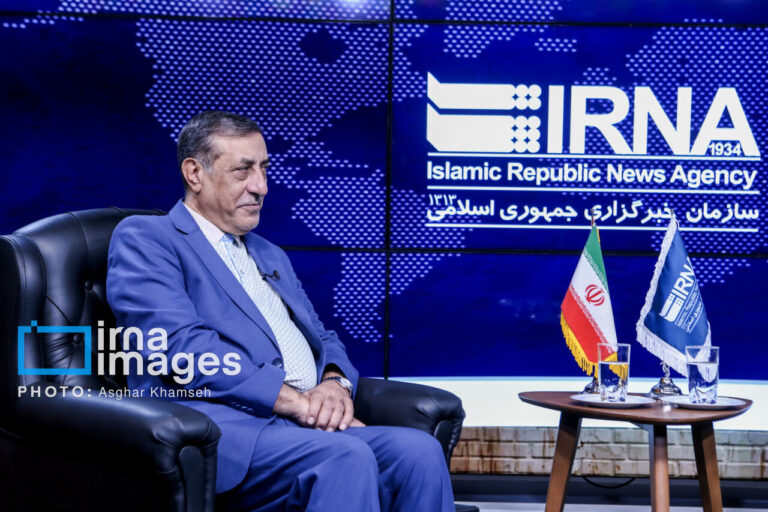
Iran’s Government Pushes for Ratification of FATF Bills: What It Means for Global Finance
Iran’s administration is pushing for the ratification of Financial Action Task Force (FATF) bills to enhance its international financial standing. Vice President Mohammad-Jafar Ghaempanah noted that the bills have been approved by lawmakers, though some parliament members have raised concerns. The Expediency Council will ultimately decide their fate, with President Masoud Pezeshkian confirming that the council will review the bills to help lift banking restrictions. The FATF, established in 1989, aims to combat financial crimes and promote global standards, and Iran’s compliance could significantly impact its economic landscape amid ongoing sanctions.
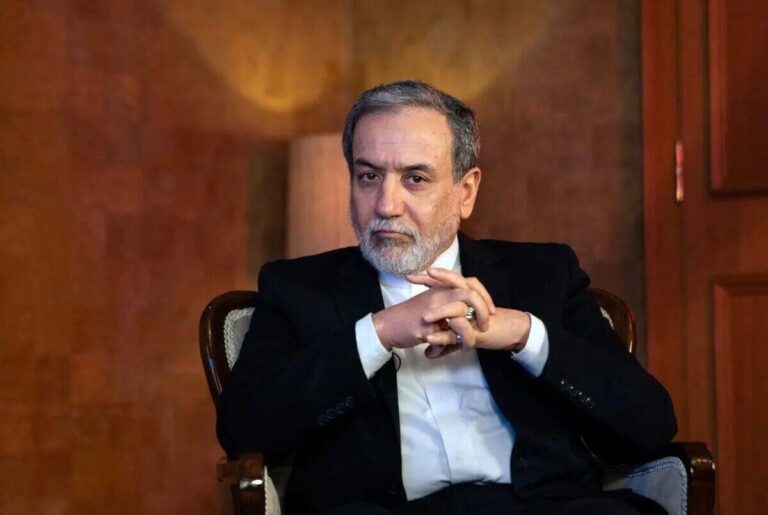
Iran Stands Firm: Araqchi Rejects Public Debate Format at Key Nuclear Policy Conference
Iran’s Foreign Minister Abbas Araqchi has stated that the country will not participate in public negotiations, following the cancellation of his keynote speech at the Carnegie International Nuclear Policy Conference, which was changed to a debate format. Araqchi shared his prepared remarks on X, emphasizing Iran’s intention to avoid public discussions. He criticized special interest groups for undermining diplomatic efforts and expressed disappointment over the format change. Additionally, Iran’s UN mission confirmed the cancellation, highlighting the importance of structured dialogues in diplomatic engagements without public confrontation. Araqchi is open to questions but opposes a Q&A format.
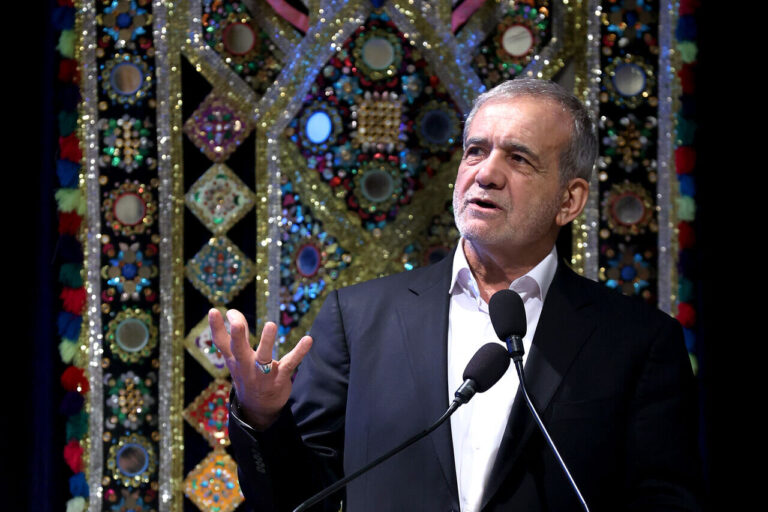
Iran’s Rivals: The Primary Backers of Global Terrorism, Claims Pezeshkian
In a recent speech in Tehran, Iranian official Pezeshkian countered accusations against Iran as a “terrorist state,” asserting that the nation is a victim of terrorism. He criticized Western nations for their double standards on human rights, particularly their support for the Mujahedin-e Khalq Organization, responsible for violence against Iranians. Pezeshkian condemned Israel’s actions and the silence surrounding Gaza atrocities. He recalled Iran’s historical struggles since the 1979 Islamic Revolution, emphasizing the sacrifices made by youth. He expressed confidence in Iran’s resilience and commitment to peace and unity, stating that growth is only achievable in a stable environment.
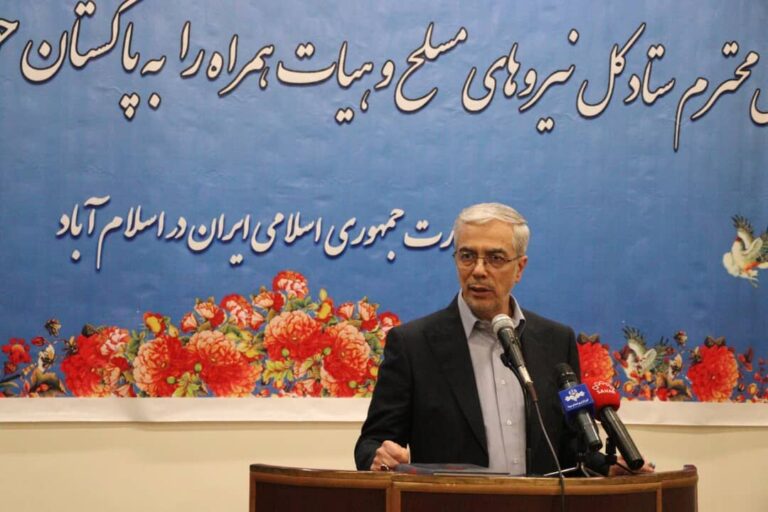
Iranian Commander Claims Gaza War Signals Start of Zionist Crisis
In a notable statement regarding the Gaza conflict, Iranian Armed Forces Chief of Staff Major General Mohammad Bagheri claimed that the 15-month war has marked a new era for the Israeli regime while bolstering the Islamic position and the Axis of Resistance. Speaking in Islamabad, Bagheri noted that the recent ceasefire, initiated after ongoing Israeli assaults, reflects a decline in Israeli power despite foreign support. He argued that the ceasefire was imposed on Israel, indicating a significant shift in regional dynamics. Bagheri is in Islamabad for discussions with Pakistani officials about these developments.
